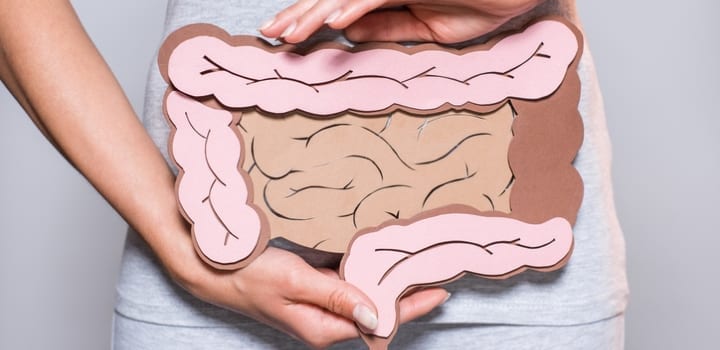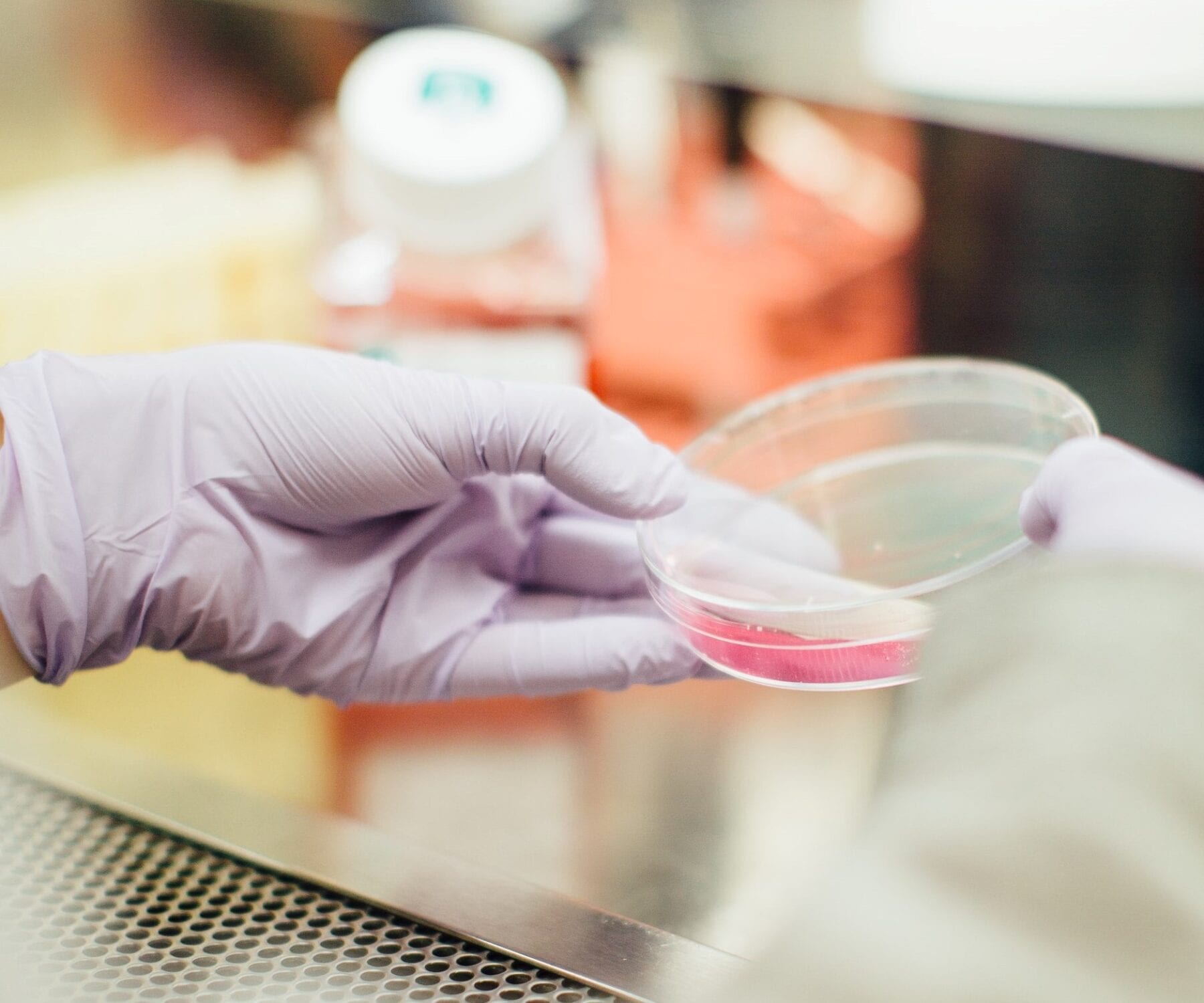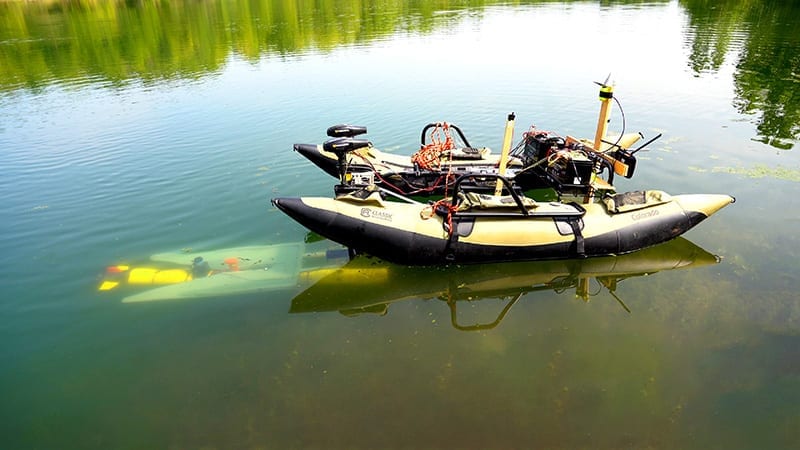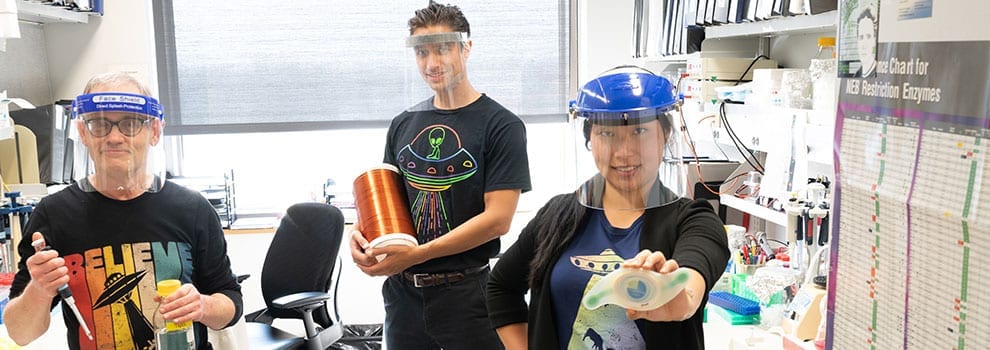
via University of East Anglia
Faecal transplants could one day be used as a therapy to restore cognitive function in the elderly – according to new research from the University of East Anglia, the University of Florence and the Quadram Institute.
A new study published today shows how faecal transplants from older to younger mice altered their gut microbiome, which in turn impacted their spatial learning and memory.
The research team hope that reversing the procedure could one day see faecal transplantation used to combat cognitive decline among the elderly.
Dr David Vauzour, from UEA’s Norwich Medical School, said: “Ageing is an inevitable process that starts immediately after birth and ultimately leads to physical health problems as well as a decline in psychological well-being and cognitive function.
“Research has shown that the aging process may be linked with age-related changes in our gut microbiota.
“Recently, the existence of two-way communication between the gut and the brain – known as the ‘gut-brain axis’ – has emerged as an important player in shaping aspects of behaviour and cognitive function.
“We wanted to see whether transferring gut microbes from older to younger mice could affect parts of the central nervous system associated with ageing.”
The research team performed faecal transplants from older adult mice to younger adult mice and then assessed the young adults for markers such as anxiety, exploratory behaviour and memory.
After the transplantation, the team found significant differences in the young mice’s microbial profiles.
While the young adults showed no significant changes in markers of anxiety, explorative behaviour or locomotor activity, they did show impaired spatial learning and memory as measured in a maze test.
These changes were paralleled by alterations in the expression of proteins associated with synaptic plasticity and neuro transmission, and changes to cells in the hippocampus part of their brains – responsible for learning and memory.
Dr Vauzour said: “Our research shows that a faecal transplantation from an old donor to a young recipient causes an age-associated shift in the composition of gut microbiota.
“The procedure had an impact on the expression of proteins involved in key functions of the hippocampus – an important part of the brain that has a vital role in a variety of functions including memory, learning but also in spatial navigation and emotional behaviour and mood.
“In short, the young mice began to behave like older mice, in terms of their cognitive function.”
Prof Claudio Nicoletti, from the University of Florence, Italy, said: “While it remains to be seen whether transplantation from very young donors can restore cognitive function in aged recipients, the findings demonstrate that age-related shifts in the gut microbiome can alter components of the central nervous system.
“This work highlights the importance of the gut-brain axis in ageing and provides a strong rationale to devise therapies aiming to restore a young-like microbiota to improve cognitive functions and quality of life in the elderly,” he added.
“Manipulating the microbiome is increasingly being seen as a way of improving or maintaining human health, and these results are an exciting indication of its potential for helping us age healthily” said Prof Arjan Narbad from the Quadram Institute.
“We have established an FMT service on the Norwich Research Park to treat serious gut infections and now want to explore in humans its effectiveness in combating a number of age-related conditions, including cognitive decline.”
The research was led by a team at UEA and the University of Florence, in collaboration with colleagues at the University of Milan, the Earlham Institute, University of Siena, the Quadram Institute, and Nottingham Trent University.
The Latest Updates from Bing News & Google News
Go deeper with Bing News on:
Faecal transplants
- Intestine Transplantation
The international experience of small bowel transplantation since 1985 has been compiled and analyzed through the International Intestinal Transplant Registry. [10] As of May 2001, the Registry ...
- Heart Transplantation for a Prisoner
Stanford University Medical Center has received some recent press coverage centered around a controversial decision to provide a heart transplant to a convicted felon serving time in the ...
- The Bone-Marrow-Transplant Revolution
In cases like his, the ideal treatment is a transplant. Arias’s cancer-prone blood cells needed to be destroyed and replaced with healthy ones taken from the bone marrow or blood of a donor who ...
- Researchers conclude fecal transplants can rid patients of resistant gut bacteria
Transferring fecal microbiota from healthy donors to the intestines of chronically ill people has beneficial effects on these recipients' gut bacteria, also in the longer term. This is the conclusion ...
- First pig kidney in a human: Is this the future of transplants?
The first man to receive a genetically modified kidney transplant from a pig was discharged from hospital on Wednesday last week. Richard “Rick” Slayman, 62, who had been suffering from end ...
Go deeper with Google Headlines on:
Faecal transplants
[google_news title=”” keyword=”faecal transplants” num_posts=”5″ blurb_length=”0″ show_thumb=”left”]
Go deeper with Bing News on:
Faecal transplantation
- Global rise in the incidence of IBD a cause for concern, say experts
The incidence of Inflammatory Bowel Disease has almost doubled in India from 1990 to 2019, with rising death rate; lifestyle changes, a Westernised diet with high fat and high sugar, processed and ...
- What is Auto-Brewery Syndrome? Rare Disease That Converts Carbohydrate Into Alcohol In Human Bodies
A Belgian man who was recently charged with drunk-driving has been acquitted. This is because he suffers from a rare disorder in which the body converts carbohydrates into ethanol, or ethyl alcohol.
- Factors Contributing To Hepatitis Burden In India And The Measures To Take Against It
India ranks second after China in viral hepatitis burden A doctor shares factors that may be contributing to it ...
- MaaT microbiota drug shows survival advantage in GvHD
Severe aGvHD is a major source of morbidity and mortality following allogeneic haematopoietic cell transplantation (allo-HCT), with less than half of patients achieving a durable response to ...
- Researchers conclude fecal transplants can rid patients of resistant gut bacteria
Transferring fecal microbiota from healthy donors to the intestines of chronically ill people has beneficial effects on these recipients' gut bacteria, also in the longer term. This is the conclusion ...
Go deeper with Google Headlines on:
Faecal transplantation
[google_news title=”” keyword=”faecal transplantation” num_posts=”5″ blurb_length=”0″ show_thumb=”left”]










